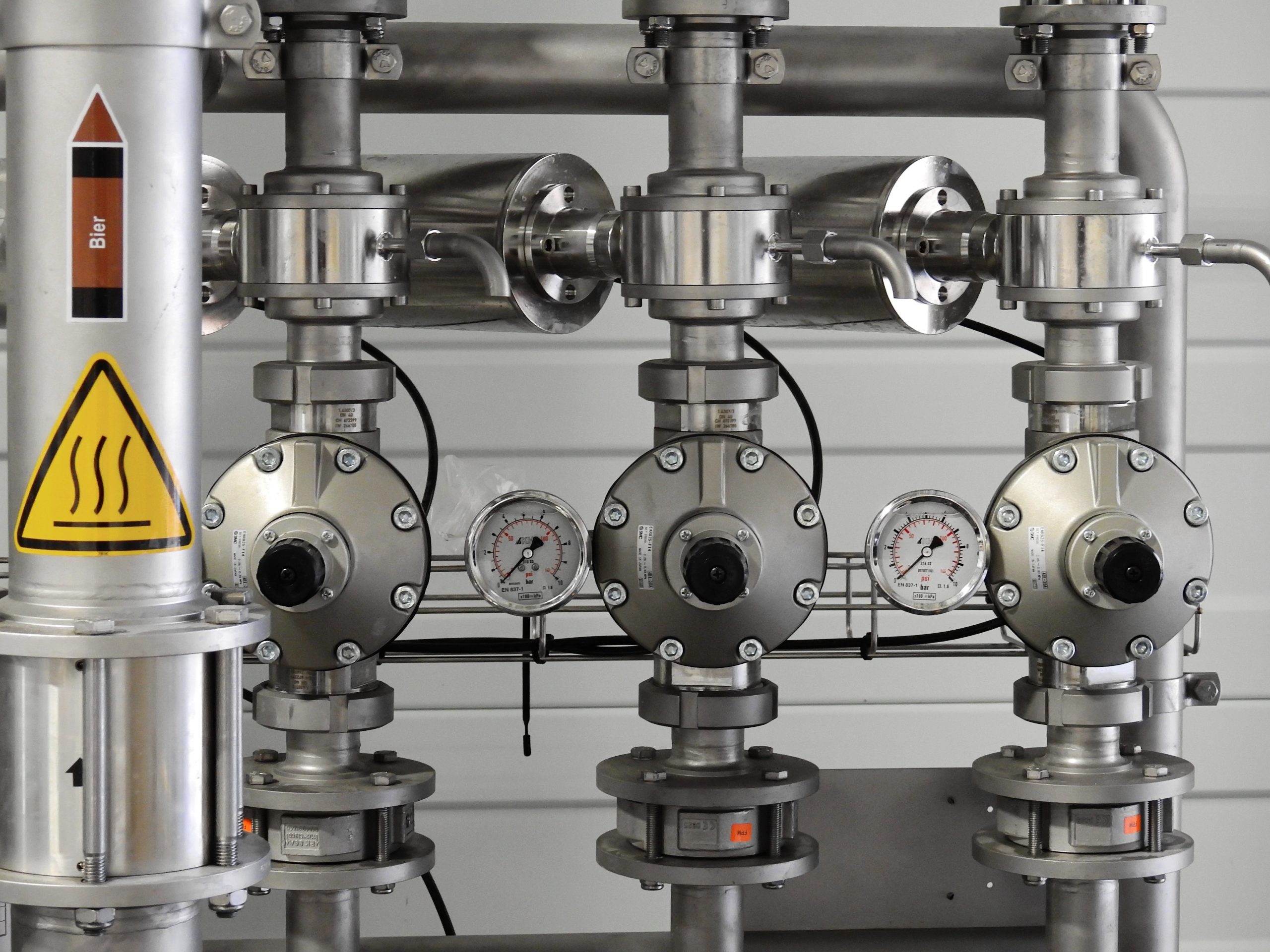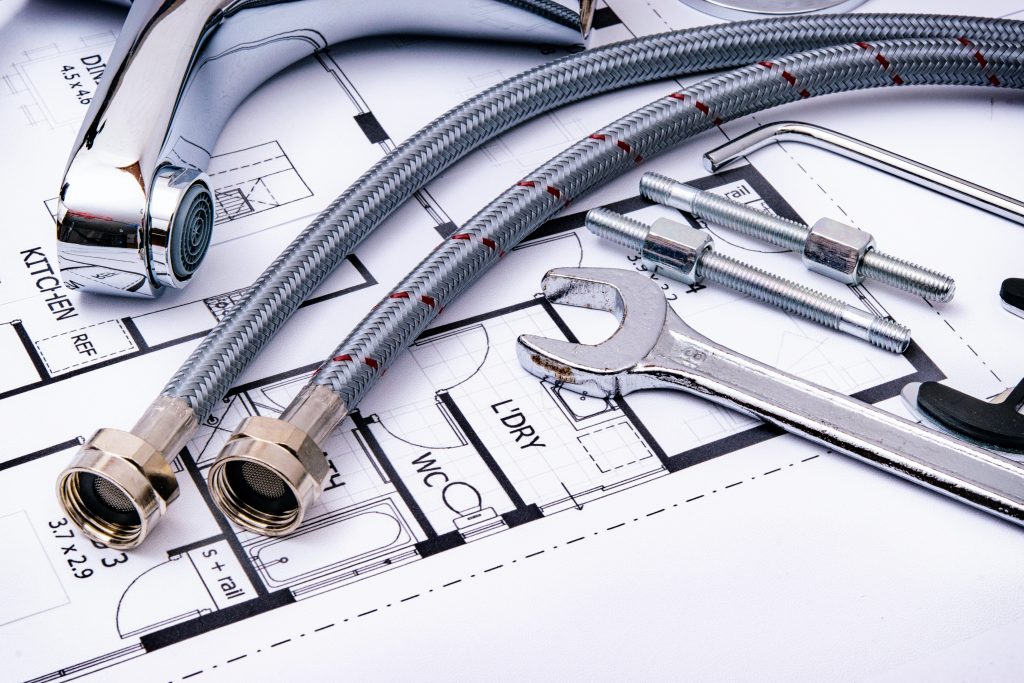Technologies
By leveraging these technologies, plumbers are able to work more efficiently, reducing the time and cost of each job. For example, video inspection cameras allow plumbers to quickly identify blockages and other issues without having to dig up the entire pipe.This protects time and reduces the cost of the job.This reduces the frustration of waiting for a plumber to arrive and helps customers to plan their day accordingly.
GPS tracking
GPS tracking helps plumbers to optimize their routes, reducing the time and cost of travel. This technology also allows plumbers to respond quickly to emergencies, providing customers with faster service. Mobile apps provide plumbers with a centralized platform for managing day-to-day operations. This saves time and reduces the need for paperwork, making it easier for plumbers to focus on their work.
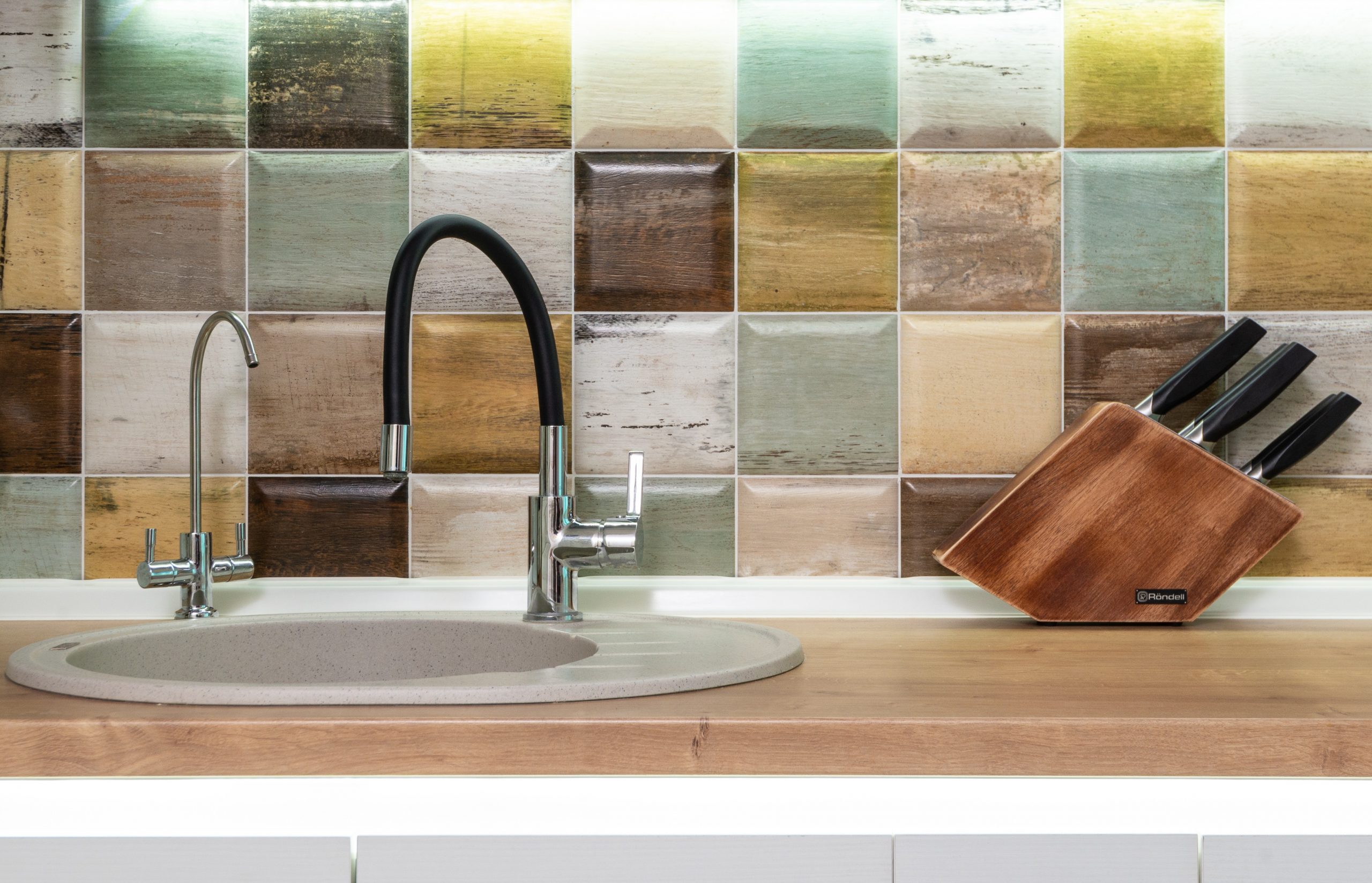
Customer Service
In addition to improving efficiency, technology also helps plumbers to provide better customer service. For example, GPS tracking allows plumbers to provide real-time updates to customers, letting them know when the plumber will arrive.
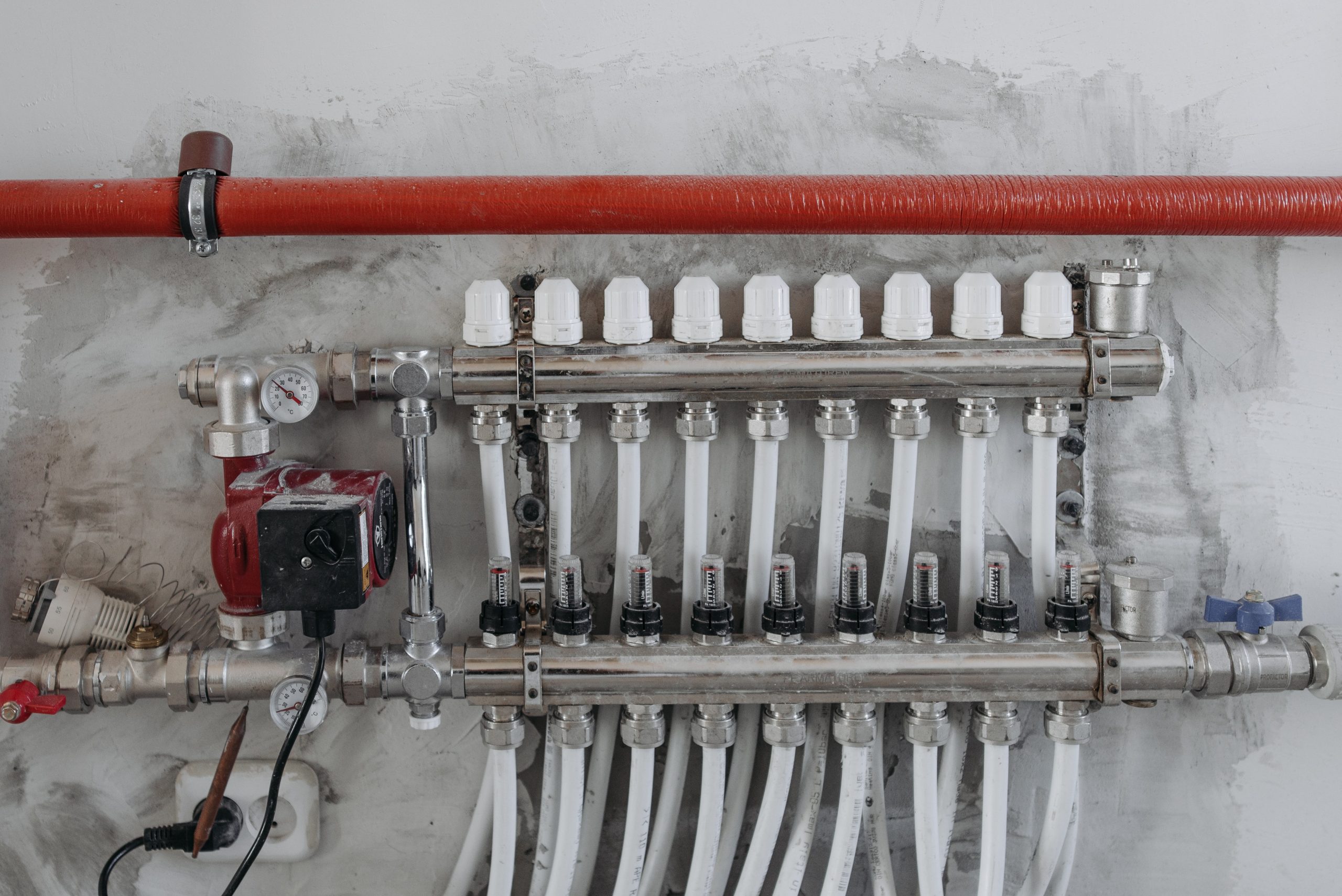
Mobile apps
Mobile apps
also help plumbers to provide better customer service by providing a convenient platform for communication. Customers can use these apps to schedule appointments, send messages, and pay invoices.
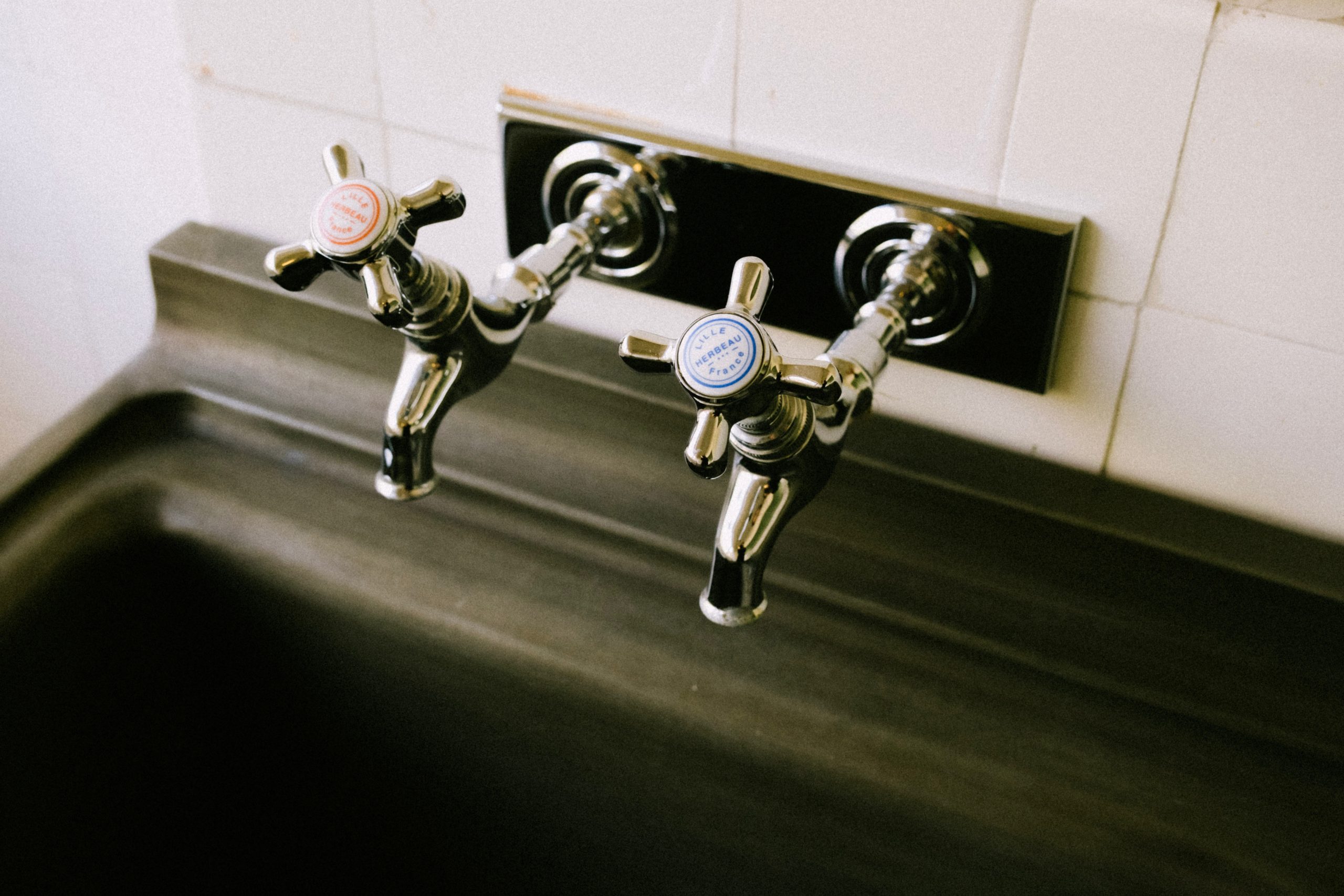
3D printing
This makes it easier for customers to interact with plumbers, reducing the frustration of phone calls and emails.3D printing technology allows plumbers to create custom parts and tools on-site, reducing the need for multiple visits and minimizing disruptions to the customer’s daily routine.
The Future of USA Plumber
The future of the plumbing industry in the USA looks bright, with technology playing a key role in its growth and development. As technology advances, we can hope to see even more innovations in the plumbing industry. For example, we may see the development of smart plumbing systems that can detect leaks and other issues before they become major problems.
Other Technological Advances
We may also see the adoption of blockchain technology to improve supply chain management and reduce costs.Apart from the technologies mentioned above, there are several other technological advances that are improving the plumbing industry. Plumbers can now install high-tech water heaters that use smart technology to reduce energy consumption and provide more precise temperature control.
Leak Detection Systems
Advanced leak detection systems can detect even the smallest leaks in plumbing systems, allowing plumbers to address the issue before it becomes a major problem.
Remote Monitoring Systems
Plumbers can now use remote monitoring systems to track the health of plumbing systems in real time, identifying potential issues before they cause major damage.
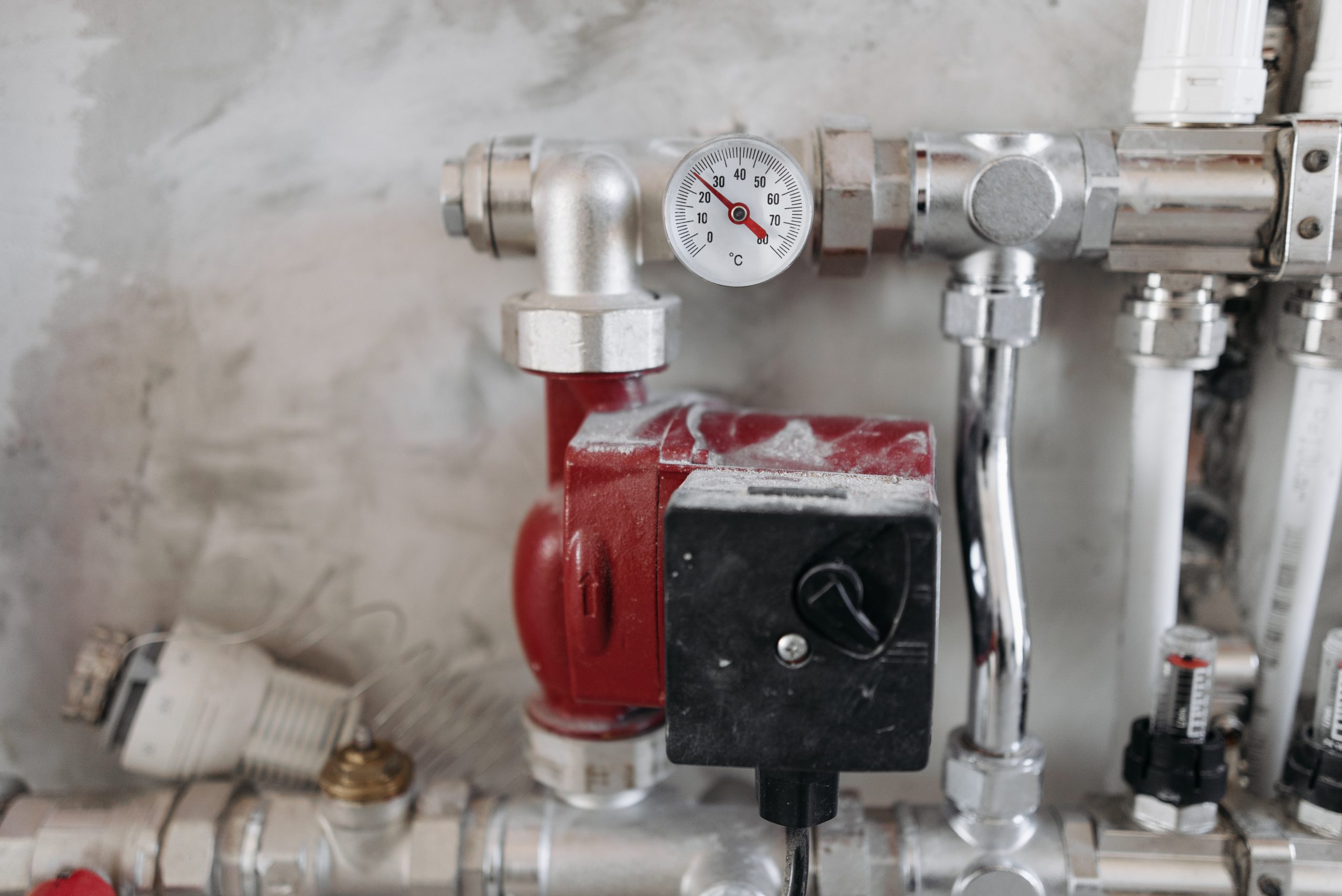
Automated Billing and Payments
Automated billing and payment systems help plumbers to streamline their operations, to reduce the need for paperwork, and make it easier for customers to pay their bills.
Cloud-Based Storage
Cloud-based storage solutions make it easier for plumbers to store and access customer information, reducing the risk of lost data and making it easier to manage customer relationships.
Increased Efficiency, By leveraging advanced tools and technologies, plumbers can work more efficiently, reducing the time and cost of each job.Improved Customer Service,Advanced technologies provide plumbers with better ways to communicate with customers, providing real-time updates and improving overall satisfaction. .
Enhanced Safety,Advanced technologies, such as video inspection cameras, help plumbers to work more safely, reducing the risk of injury and accidents.1. Increased Sustainability, High-tech water heaters and other advanced technologies help plumbers to reduce energy consumption and increase sustainability.
Improved Profitability
By reducing the time and cost of each job and improving customer satisfaction, advanced technologies help plumbers to improve profitability.While there are many benefits to adopting advanced technologies, there are also some challenges that plumbers may face.

